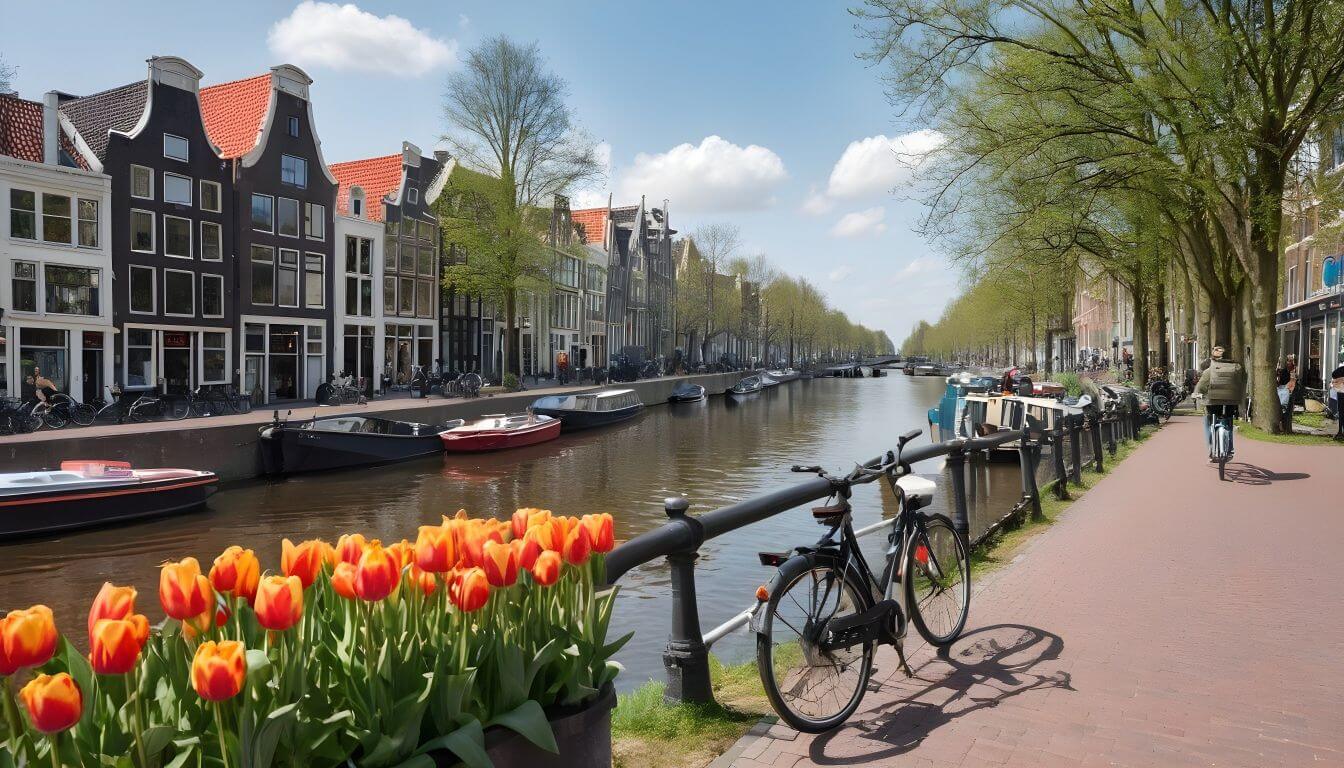The Netherlands’ cannabis experiment is set to begin following the resolution of issues related to supply chain oversight and marijuana regulation, according to government officials and industry insiders.
The Dutch government has permitted selected cities to participate in a program aiming to bring cultivation and storefront operations under federal control for the first time. A startup phase involving two Dutch cities testing systems and processes has already been completed.
Launching a New Era in Dutch Cannabis Regulation
For years, coffee shops in the Netherlands have been allowed to sell marijuana products despite laws criminalizing its production. This peculiar situation forced businesses to engage in illegal activities to acquire their stock while permitting retail sales. The new initiative eliminates this problem by creating a closed supply chain from cultivation to consumption, devoid of illegal practices.
Industry experts view the project as a historic moment for both Dutch society and the global marijuana trade, signaling a significant change in attitude toward regulating the cannabis market.
Addressing Initial Issues
During the startup phase, participating cities helped iron out lingering challenges, such as problems with track-and-trace systems and limited inventory availability. One solution implemented thus far includes permitting mayors of participating towns to decide the amount of cannabis each coffee shop can carry, ensuring better oversight of product stocking.
Officials expect to learn valuable lessons during the initial phase, which will guide any necessary adjustments as they enter the next stage of the experiment, commencing in June this year. Authorities hope to launch the program fully shortly after that.
Cultivators Work Toward Federally Approved Production
Three cultivators are currently providing marijuana products to coffee shops in the two cities involved in the startup phase, striving to establish legal cultivation sites across the country. Meanwhile, eight other cities are preparing for their inclusion in the experiment, with private sector companies such as Leli Holland proceeding as scheduled despite initial difficulties associated with supply and tracking.
The government’s push to develop a federally regulated marijuana market could help bolster industry growth while reducing illegal activities related to cannabis trafficking and production.
A Belated Acknowledgment of Market Realities
Many critics have long argued that the Netherlands’ legal gray area surrounding cannabis represents an unsustainable position. This new initiative appears to be a tacit acknowledgment that regulated oversight of both cultivation and sales offers a more practical approach in line with the recent global trend of marijuana legalization and normalization.
Some detractors claim this pivot away from semi-tolerance represents the end of Amsterdam’s famously permissive attitude toward cannabis consumption. However, enthusiastic supporters view it as evidence of a rapidly shifting and maturing international understanding of the potential benefits of regulated marijuana markets – both recreational and medicinal.
As the Dutch experiment progresses, the scale of the lessons learned and their applicability to other nations exploring various models of marijuana regulation remains to be seen. With time, it may serve as a blueprint for countries seeking to fully integrate cannabis into their economies without promoting criminal enterprises.
Taking Steps Toward Nationwide Adoption
Although much work remains before the full implementation of an above-board marijuana supply chain in the Netherlands, the early progress demonstrates forward-thinking within the Dutch government. The success of these initial stages will serve as a foundation for further discussions on national marijuana policy reform.
Lessons learned during the project’s pilot phase will likely inform future efforts to standardize regulations around cannabis sales and cultivation while providing valuable insights into creating safe, secure, and productive markets.
An Industry Primed for Success
Thanks to its reputation as a haven for recreational marijuana use and consumption, the Netherlands is well-positioned to become a global leader in regulated cannabis markets. The removal of roadblocks standing in the way of legal cultivation will ensure that coffee shops no longer need to rely on illicit sources to obtain their inventory, thus encouraging industry growth and responsible regulation.





